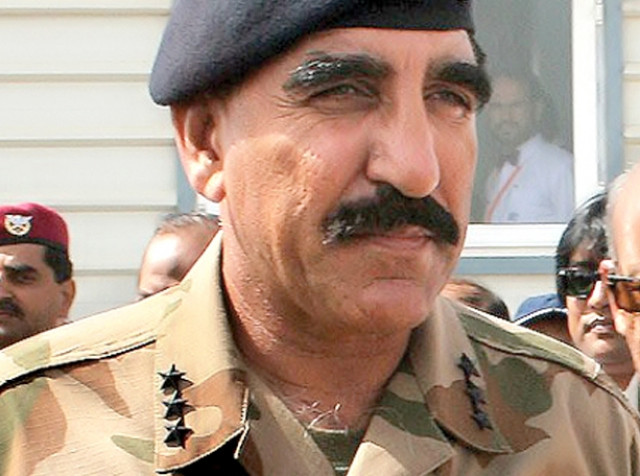Pak-US ties: US keen on new ISI chief’s role
Expects a more functional relationship.

As Pakistan’s premier military spy agency prepares to welcome its new chief, many in Washington are looking closely at how Lt Gen Ahmad Shuja Pasha’s successor will affect the US-Pakistan relationship.
“The last year has been awful on so many levels – diplomatically, politically,” Brian Katulis, a senior analyst at the Center for American Progress, told the Express News.
“The lack of coordination on the intelligence level has been worrisome. Some days it looks quite good when we’re arresting militants; then there are days it’s not very good. I think the hope is that the new director (Lt Gen Zaheerul Islam) will be able to turn the page on all of this. But the proof will come from the review of US-Pakistan relations and how things go.”
Pakistan’s Parliament is likely to review and approve new terms of engagement with the United States later this week.
In the months leading up to Gen Pasha’s retirement, rumours circulated on whether he would get an extension in his term, or if he would step down. In the past, there have been stories of US officials supporting an extension in Gen Pasha’s term.
However, analysts say that the final decision for a new appointee had nothing to do with Pakistan’s relations with the US.
Katulis believes most US officials were neutral on the question of General Pasha’s extension.
“What they (US officials) want to get back to is a functional, transactional relationship with our partners in Pakistan. I think most people stress less on individuals and more on institutions. Individuals do matter, and the people who do lead these institutions matter. But I think the real challenge is not only that the head of our CIA gets along with the head of the ISI, it’s whether there’s a functional working relationship.”
Director of the South Asia Center at the Atlantic Council and author of Crossed Swords, Shuja Nawaz agrees, “It is a misconception that US is the reason for ISI’s new chief. This is Pakistan’s own decision, which has happened due to domestic reasons, like it has happened before in the past.”
Nawaz adds that General Pasha was a reluctant ISI chief, who didn’t have a background in intelligence matters. “He only took the position because the General Kayani asked him to. I think his first loyalty was towards Pakistan – whether the US liked him or not is not a factor in this equation.”
Nawaz described Zaheerul Islam as a good and professional soldier.
“It’s also important to note that the six wings of the ISI have watertight compartmentalisation. It’s not necessary that if one person is in charge of one wing, he will have a grasp over all the problems and subjects of the ISI. On a personal note, every ISI chief brings his personality to the job, but to a large extent the job’s constraints are policy constraints,” Nawaz added.
Published in The Express Tribune, March 17th, 2012.



















COMMENTS
Comments are moderated and generally will be posted if they are on-topic and not abusive.
For more information, please see our Comments FAQ